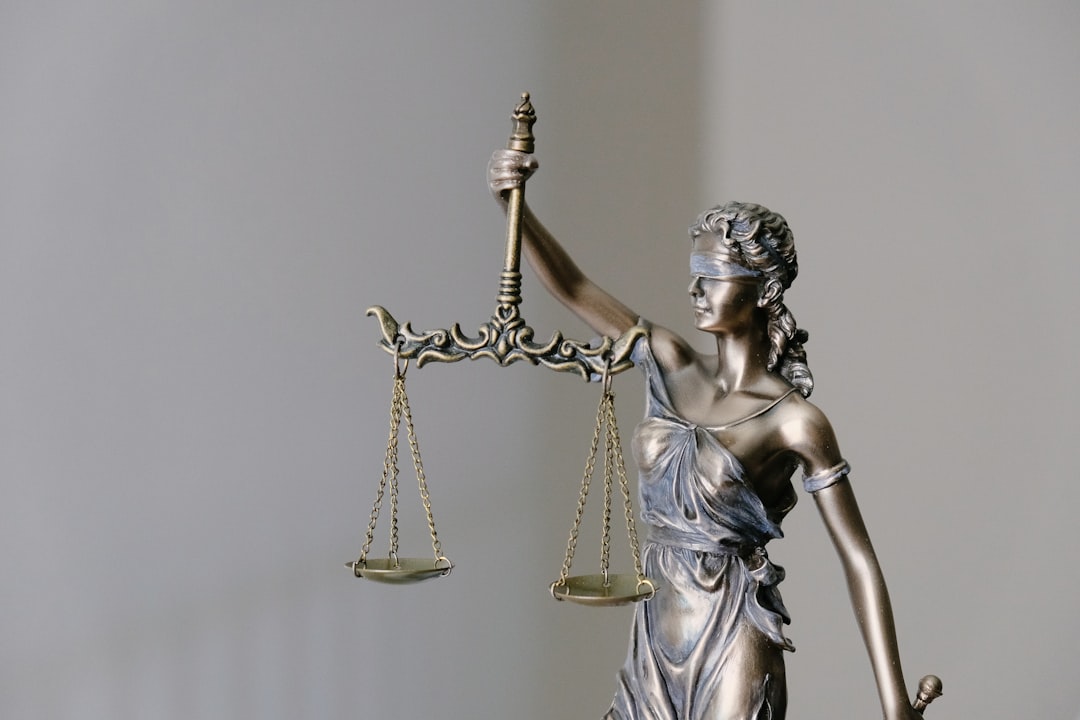Child safety in schools is a priority, with Rhode Island focusing on robust protocols advocated by school abuse attorneys. Training empowers students to recognize and report suspicious behaviors, fostering trust. Early recognition of red flags like physical or verbal abuse through behavioral changes is key. Open communication at home encourages kids to express concerns freely. School administrators play a vital role in implementing policies, recognizing red flags, and promptly addressing issues with the support of school abuse attorneys Rhode Island.
Teaching children to recognize and report inappropriate behavior is crucial for maintaining a safe learning environment in Woonsocket schools. This article explores strategies to empower students, focusing on understanding child safety, identifying red flags like bullying and harassment, and fostering open communication at home. Additionally, it delves into the pivotal roles of school administrators and Rhode Island school abuse attorneys in addressing and preventing such issues. By armed with knowledge, we can create a more secure educational landscape for all.
Understanding Child Safety in Schools

Child safety in schools is a paramount concern for parents and educators alike, as it sets the foundation for a secure learning environment. Ensuring students are protected from all forms of inappropriate behavior, including potential abuse, is a collective responsibility shared by school administration, teachers, and legal professionals. In Rhode Island, where dedicated school abuse attorneys play a vital role, understanding child safety protocols is crucial. These measures include comprehensive training programs that equip children with the knowledge to recognize concerning behaviors and foster an atmosphere where students feel comfortable reporting any incidents without fear of retaliation.
Identifying Red Flags: Common Inappropriate Behaviors

Recognizing inappropriate behavior is the first step in addressing and preventing potential issues, especially concerning school abuse. In Rhode Island, where there has been an increasing focus on safeguarding children, it’s crucial for both educators and students to be vigilant. Common red flags include but are not limited to physical aggression, verbal abuse, or any form of bullying—behaviors that can manifest in various ways, from direct confrontations to indirect online harassment.
School abuse attorneys in Rhode Island emphasize the importance of recognizing these signs early. This may involve observing changes in a student’s behavior, attitude, or performance. Teachers and staff should also pay attention to any complaints or concerns raised by students themselves. By fostering an environment where students feel safe to speak up, schools can create a culture of accountability, ensuring that every child is heard and protected from potential abuse.
Encouraging Open Communication at Home

Fostering open communication at home is a fundamental step in teaching children how to recognize and report inappropriate behavior, especially concerning school abuse attorneys in Rhode Island. Parents or guardians should create a safe and non-judgmental environment where kids feel comfortable discussing their experiences, emotions, and any concerns they may have about what happens at school. Regular conversations about daily activities, interactions with peers and teachers, and the importance of respect and boundaries can help children develop awareness and trust.
Encourage them to express their feelings using words rather than actions or silence. Teachable moments can arise from everyday situations, allowing parents to guide discussions on appropriate behavior and the consequences of different choices. This open dialogue will empower children to take action if they witness or experience something inappropriate, knowing that reporting such incidents is a sign of strength and responsibility, while also ensuring their safety in school environments.
The Role of School Administrators and Lawyers

School administrators play a pivotal role in fostering a safe learning environment by establishing clear policies and procedures for addressing inappropriate behavior, including potential instances of school abuse. They are responsible for ensuring that students feel secure and supported when reporting such incidents. This involves regular training on recognizing red flags, effective communication strategies, and the latest guidelines for handling sensitive matters.
In Rhode Island, where school abuse attorneys are readily available to assist, administrators must also be well-versed in legal obligations and rights. They act as the first line of defense against any form of bullying, harassment, or physical/emotional abuse within the school premises. Their prompt actions and accurate reporting can prevent escalations and ensure that all parties involved receive the necessary support and justice.





